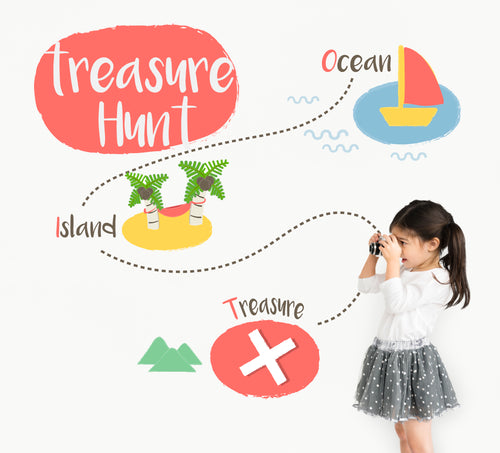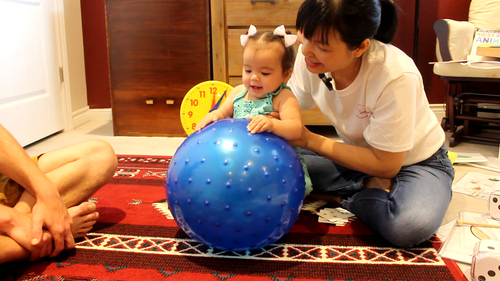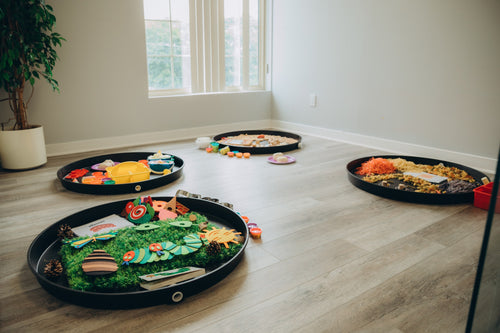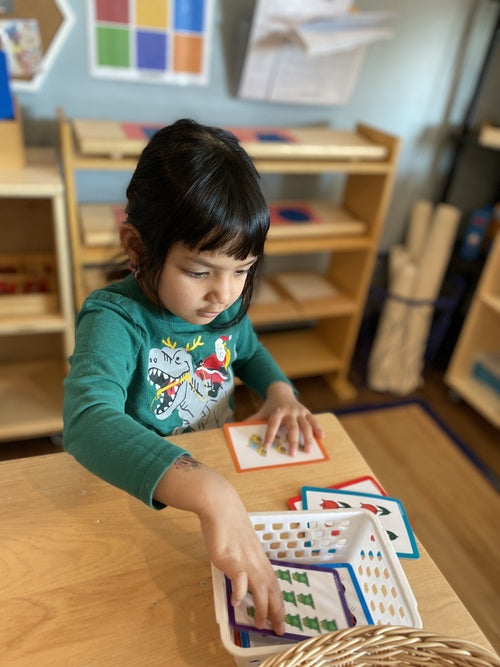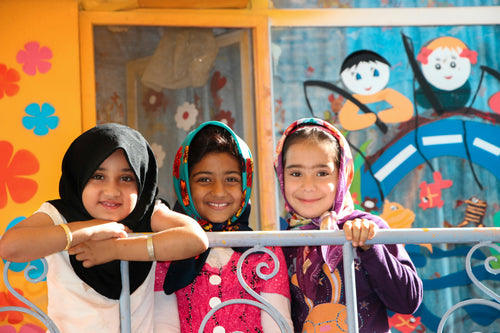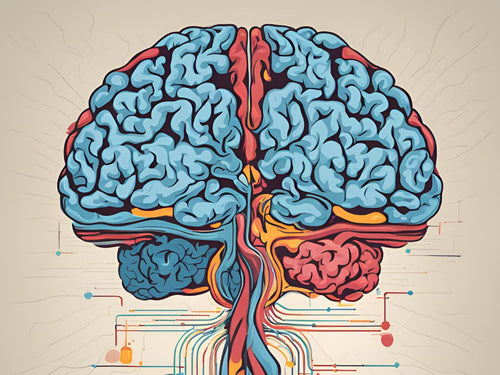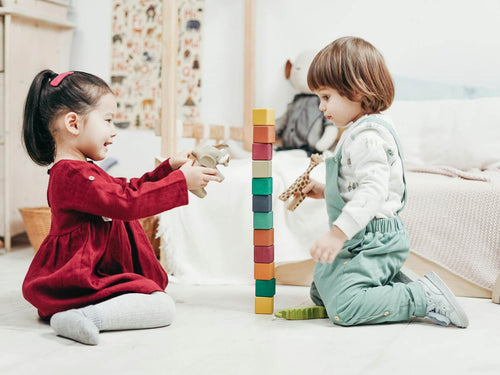Watching your infant grow and develop is one of the most rewarding experiences as a parent. Every month brings new surprises and achievements, known as infant growth milestones. These milestones are essential markers that help parents and pediatricians track a child’s physical, cognitive, emotional, and social progress.
In this article, we will break down the month-by-month growth milestones and key metrics parents should observe, giving you a clearer picture of what to expect during your baby’s first year.
What Are Infant Growth Milestones?
Infant growth milestones are indicators of typical development patterns in babies. These can include physical feats like sitting and crawling, cognitive skills like recognizing familiar faces, and emotional growth, such as displaying affection. While every baby develops at their own pace, these milestones give a general idea of what to expect in each stage of their growth.
Month-by-Month Infant Growth Milestones
0-3 Months: Building the Basics
During the first three months, your baby is adjusting to life outside the womb. Here’s what to look for:
Key Metrics:
· Physical Growth: Most infants will gain between 1-2 pounds each month during this stage. Tracking their weight, height, and head circumference during pediatric visits is important.
· Motor Skills: By the end of the third month, babies start lifting their heads during tummy time, and they may begin to kick or push with their legs.
· Vision and Hearing: Babies at this age begin to follow objects with their eyes and respond to sounds. Around the third month, they may recognize familiar voices and begin smiling in response.
Tips: Encourage tummy time and talk to your baby often to stimulate their hearing and motor skills.
4-6 Months: Increased Interaction
By the fourth month, babies become more interactive and aware of their surroundings.
Key Metrics:
· Weight and Length: Babies typically double their birth weight by around five months. Pediatricians will continue to monitor their length and head size.
· Motor Skills: Your baby should begin to roll over, grasp objects, and bring their hands to their mouths. By six months, many babies start sitting with support and may begin pushing up on their hands during tummy time.
· Cognitive Development: This is when babies start to explore their environment. They can recognize faces, show curiosity, and even begin responding to their name.
· Language Development: By this age, babies will start to babble, coo, and experiment with sounds.
Tips: Provide plenty of floor time for rolling and playing, and engage with them through conversations, even if it’s just baby talk!
7-9 Months: Mobility and Exploration
During this phase, babies become more mobile and eager to explore their surroundings.
Key Metrics:
· Growth: Weight gain may slow slightly, but babies will continue to grow in length. Tracking head circumference remains essential, as brain development is rapid during this period.
· Motor Skills: Crawling is a key infant growth milestone at this stage. Some babies may even start pulling themselves up to stand. They will also be able to pass objects from one hand to the other and may start using a pincer grasp (thumb and index finger).
· Social and Emotional Development: Babies at this age develop stranger anxiety and may become attached to caregivers. They’ll smile, laugh, and show affection more frequently.
· Language and Communication: In addition to babbling, babies might begin to mimic sounds and simple words like “mama” or “dada.”
Tips: Baby-proof your home to support your child’s curiosity safely. Encourage social interaction and reading time to support language development.
10-12 Months: Standing and First Steps
By the time your baby reaches the end of their first year, they are on the verge of becoming toddlers.
Key Metrics:
· Physical Growth: Babies typically triple their birth weight by their first birthday. This is also a crucial time to monitor their nutrition as they start eating solid foods.
· Motor Skills: The biggest infant growth milestone here is standing and potentially taking their first steps. Even if they don’t start walking just yet, they may be cruising (walking while holding onto furniture).
· Cognitive and Emotional Development: Babies will start to show signs of problem-solving by figuring out how to open things or stack objects. They are also highly interactive, understanding simple instructions and showing a range of emotions.
· Language and Communication: By 12 months, babies usually say a few words beyond "mama" and "dada." They can follow simple commands and use gestures like waving or pointing.
Tips: Encourage walking by letting your baby pull up on safe furniture. Reading together daily can further support language development.
Learn more about our programs to help your infant thrive with right brain training here.
How to Track Your Baby’s Growth Milestones
Tracking your baby’s milestones isn’t just about meeting expected timelines—it’s about ensuring they are progressing at a healthy rate. Here are a few tips to help you monitor their growth:
1. Regular Pediatric Visits: Make sure your baby’s weight, height, and head circumference are being measured regularly to ensure they are growing at a healthy pace.
2. Use Milestone Tracking Apps: There are several apps that allow you to log when your baby achieves each infant growth milestone.
3. Observation and Interaction: Spend time observing your baby’s motor, cognitive, and social skills. Playing and interacting with them helps develop these areas and gives you a first-hand look at their progress.
When to Be Concerned About
While every baby develops at their own pace, there are certain red flags that might warrant a conversation with your pediatrician:
· If your baby isn’t smiling, responding to sounds, or following objects with their eyes by three months.
· If they aren’t sitting with support or rolling over by six months.
· If they aren’t crawling, making sounds, or showing interest in social interaction by nine months.
· If they aren’t pulling up to stand, babbling, or showing affection by 12 months.
Early intervention can help address developmental delays, so don’t hesitate to seek advice if you’re concerned.
Supporting Your Baby’s Development with Smartizen
At Smartizen, we understand the importance of early childhood development and recognize the value of infant growth milestones. Our specialized programs, including sensory play, flashcard learning, and language immersion classes, are designed to support babies and young children in reaching their full potential.
Whether it’s through sensory activities that promote motor skills or interactive language lessons that foster communication, Smartizen is here to guide your child through every stage of their development. With our expert teachers and a curriculum based on proven educational methodologies, your baby will receive the best possible support during their critical first years of life.
Explore our programs today and give your baby a head start in their development journey! Click here to book a free trial class with us.


